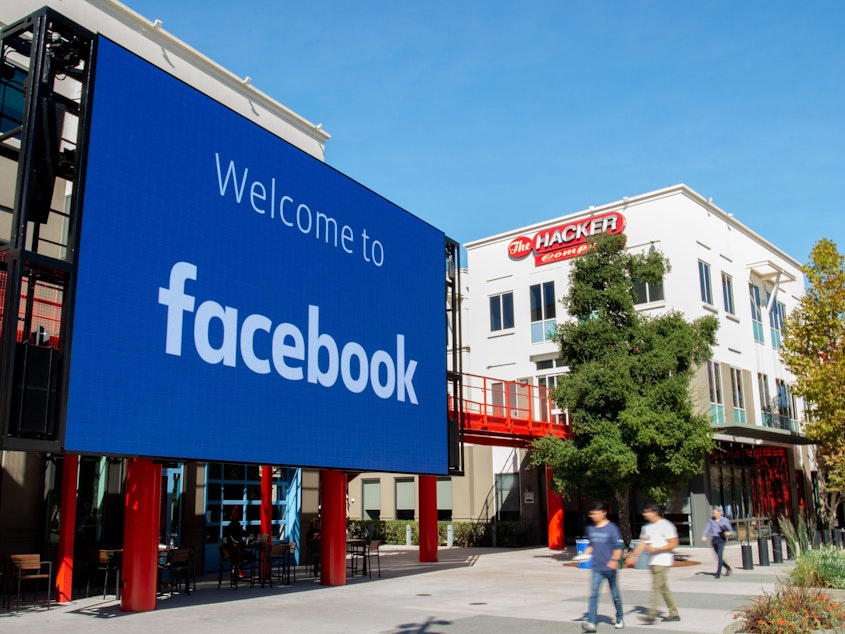It's been four years – what have we learned in the struggle against misinformation?

Russian troll farms, psychoanalytic data-firms and syndicated media companies all want a piece of your attention this election season. But don't worry – there are ways we can all fight back.
You might have seen a trending post online claiming that only 6 percent of all coronavirus deaths are actually due to complications from COVID-19. It could have been on Tucker Carlson's Fox News program; perhaps it was on President Donald Trump's Twitter feed.
As journalist Dean Miller found out, the claim is verifiably false. It originated from a Facebook post by a Woodinville chiropractor who misinterpreted a recent CDC report. All it took was a couple of hours for a small-time status update to balloon into a national media story.
We can expect to see more of these viral but falsifiable stories over the next two months according to University of Washington Professor Jevin West, who researches the spread of information. While we're certainly wiser to the ways disinformation works, the fast-paced nature of our information culture means there's plenty more to learn.





